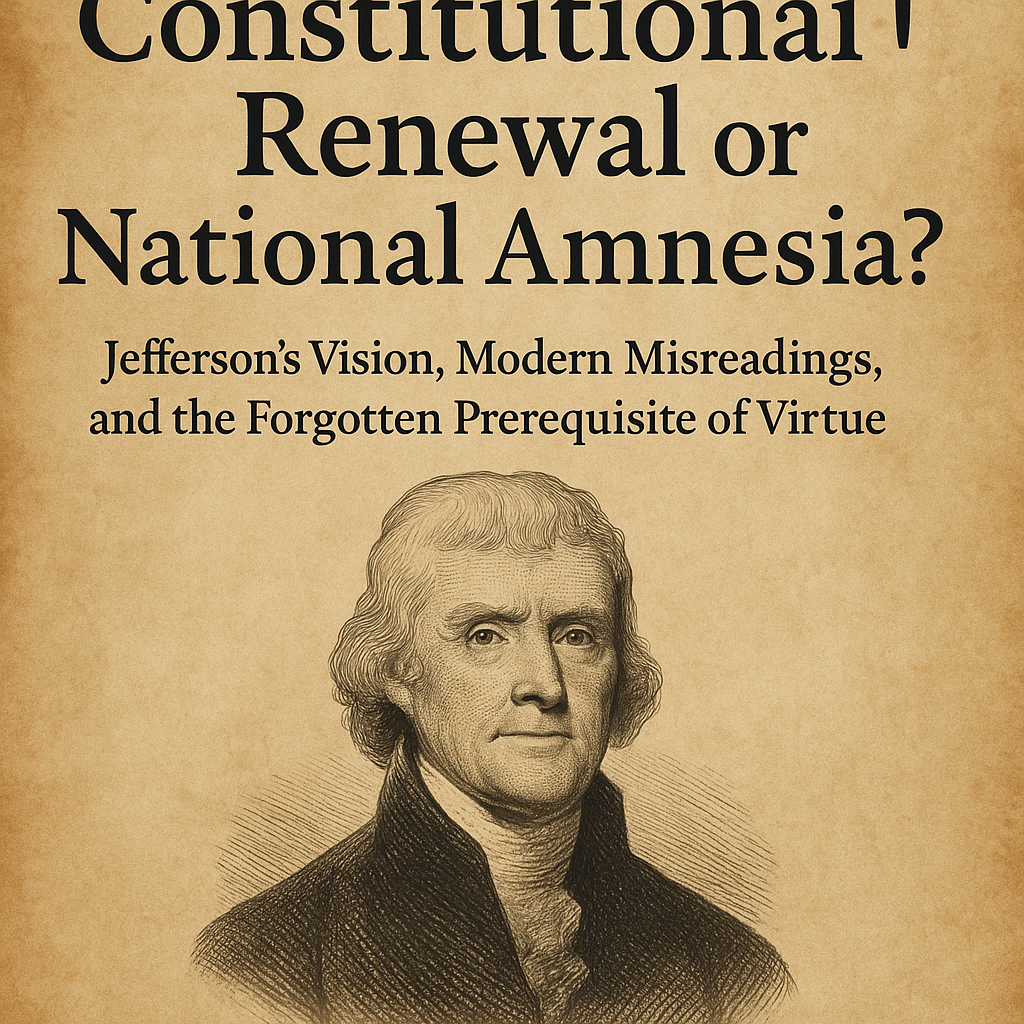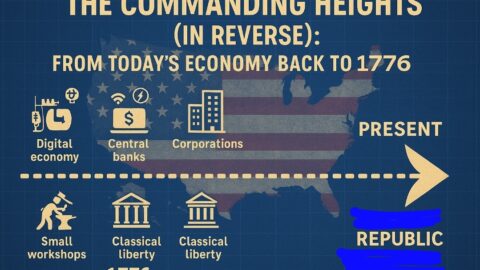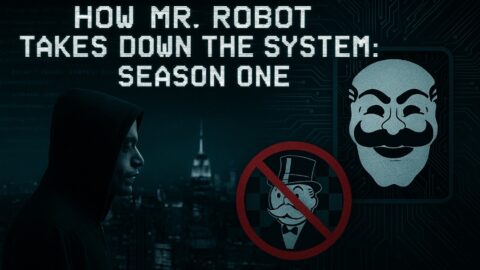“Every constitution, then, and every law, naturally expires at the end of 19 years. If it be enforced longer, it is an act of force and not of right. … The earth belongs always to the living generation.”
— Thomas Jefferson, Letter to James Madison, 1789
I. What Jefferson Actually Said—and Meant
Thomas Jefferson’s now-famous proposal that the Constitution “expire” every 19 years is often invoked as an argument for frequent, radical reinvention of America’s core framework. But his true intent—and the deeper context—are frequently misunderstood or misrepresented.
Jefferson was not calling for the Constitution to be scrapped and rewritten on a whim, nor for its core principles to be surrendered to each generation’s passing desires. Rather, he believed each generation should have the right and duty to examine, debate, and—if truly necessary—amend the Constitution, to ensure it remained a living expression of the people’s liberty and values.
However, Jefferson’s faith in this process was rooted in an expectation that Americans would remain deeply educated in virtue, history, and the higher mission of their Republic. The “living generation” he referenced was not to be a crowd of consumers or ideologues, but a moral, thoughtful citizenry—capable of distinguishing between genuine renewal and destructive revolution.
II. Renewal Requires Roots: The Danger of Amnesia
Modern discussions of “updating” or “renewing” the Constitution often ignore this foundational precondition. Today, many Americans are shaped not by the civic humanism and character education of the founders’ era, but by the Prussian-Rockefeller model of schooling—engineered for compliance, passivity, and uncritical acceptance of top-down narratives.
In this context, calls for perpetual change risk severing the roots of American liberty altogether. A nation ignorant of its own history, principles, and mission is not equipped to wisely renew its Constitution. Instead, it is easily manipulated by fads, media, or partisan interests—turning “renewal” into a euphemism for dismantling the very safeguards that protect freedom.
As C.S. Lewis warned, “Progress means not just changing, but changing for the better.” Without a fixed standard of what “better” means—a standard rooted in God-given rights, the rule of law, and universal justice—change becomes a descent into amnesia, not renewal.
III. Education, Virtue, and the Tapestry of the Founders
Jefferson and the other founders envisioned a republic in which each generation would be prepared to inherit and renew the Constitution because they were:
- Educated in character and moral philosophy
- Trained in history and the lessons of tyranny
- Anchored in universal principles (Stage 6 morality in Kohlberg’s framework)
- Active participants in civic life—not mere spectators or consumers
The original American experiment depended on this living tapestry—a network of families, schools, churches, and local communities dedicated to cultivating virtue, responsibility, and a deep sense of mission.
When education instead becomes a tool for propaganda, compliance, or skill-training without soul, the very possibility of wise constitutional renewal disappears. Amendments and reforms, untethered from first principles, accelerate decay rather than renewal.
IV. The Real Choice: Reform or Abandonment?
The lesson from Jefferson is not that the Constitution should be endlessly discarded, but that every generation must be vigilant in defending and perfecting it. That means:
- Studying and understanding its original intent and context
- Identifying where new circumstances demand true adaptation (not just political expedience)
- Restoring a culture of virtue, self-governance, and civic courage—so that renewal means progress, not regression
A society grounded in principle and history can amend the Constitution wisely, preserving the mission of liberty and justice for all. A society adrift in moral relativism, tribal politics, and historical ignorance will only hasten its own collapse by “renewing” away its very foundation.
V. Conclusion: The Prerequisite for Renewal
“A nation that does not remember what it was yesterday does not know what it is today, nor what it is trying to do.”
— Robert E. Lee
Jefferson’s dream of constitutional renewal is as vital as ever—but only if we meet his forgotten prerequisite: the cultivation of character, principle, and historical consciousness.
Until we restore an education worthy of free people, any attempt at renewal risks becoming national amnesia.
If we want change that is worthy of our founding, we must first become the kind of people worthy of freedom. Only then will each generation have both the right—and the wisdom—to renew the Constitution without losing the soul of the American experiment.







